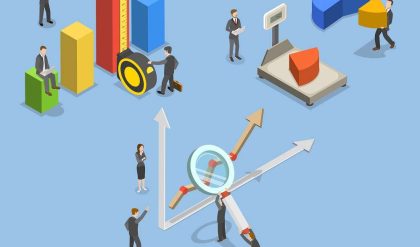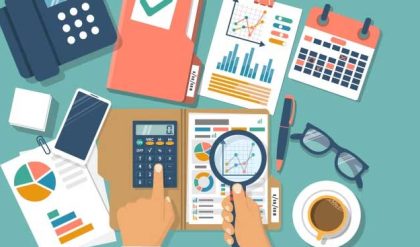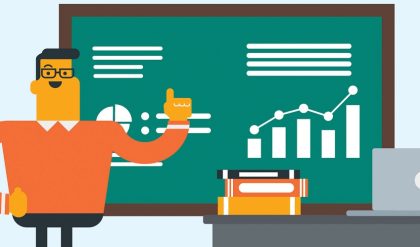The 1980s saw the beginning of a backlash against too much state involvement in the economy. This was the era of Ronald Reagan and Margaret Thatcher, in which we recognized the inefficiencies of stateplanned economic systems such as those in the Soviet Union and China compared with the more laissez-faire political systems in the west. Meanwhile, it became clear that the countries that were experiencing the most rapid and broad-based growth were not the inward-oriented countries following import-substitution industrialization, like Kenya, Mexico, and Brazil. Instead, they were the outward export-oriented economies, particularly the Asian Tigers. In those countries, governments were involved, sometimes heavily, in the economy, but opening up to market competition made it possible to become competitive on a world scale
Another part of the impetus for shifting away from state involvement and toward markets came in the 1970s and 1980s as the world economy went into recession with soaring oil prices. This sparked debt crises in many LDCs (particularly in Latin America), forcing them to rethink their development policies—often as part of “structural adjustment” programs required by the International Monetary Fund (IMF) as a condition for restructuring their debt. These adjustments invariably reduced the direct involvement of the state in the troubled economies.
The World Bank’s 1984 World Development Report endorsed many of these dominant promarket positions. It called for removing distortions created by governments’ overinvolvement in agricultural markets. Almost overnight, governments began to withdraw from markets, dismantling import-substitution industrialization policies and opening up to trade. Less-developed countries around the world entered into freetrade agreements
Not (Quite) Trusting Markets
The market liberalization movement continued into the 1990s; however, the enthusiasm for free trade became tempered by a realization that market liberalization does not necessarily improve people’s economic welfare if markets do not work properly. This produced a surge of research documenting market failures in LDCs as well as their underlying causes. (Market failures are a focus of chapter 11.) Broadly speaking, a free market fails if it does not work efficiently— that is, if there is another scenario in which a market participant could be made better off without making others worse off. Often, markets fail so miserably that they do not exist at all for many people. Most poor people do not have access to credit, most farmers in Africa do not sell their crops, and almost nobody in poor countries has access to formal insurance. Joseph Stiglitz, who received the 2001 Nobel Prize in economics, along with other economists, demonstrated that markets are rarely efficient.
He attributed this largely to imperfect information, which creates high transaction costs that lead to widespread market failures, particularly in poor countries. Since understanding market failures is fundamental to development economics, we will learn about several sources of market failures in this book. When markets do not work well, government involvement in the economy can often improve welfare. Development economists have been careful to warn that market failures do not necessarily warrant broad state intervention in the economy: government failures can be worse than market failures. However, the scope for the state to improve welfare by intervening in markets, it seems, is much larger than previously thought.
The Experimental Revolution
Today, much of the focus of development economics has shifted to the micro-level and toproject evaluation. Increasingly, development economics research involves using experiments to learn about people’s economic behavior and evaluate the impacts of policy interventions on welfare outcomes. When experiments are not possible, economists use other methods, including econometrics and simulation modeling, to try to identify the impacts of policies and programs. The social cash transfer programs mentioned at the start of this chapter are an example. Today, if you work for a nongovernmental organization (NGO), an international development agency, or even an LDC government, there is a good chance you’ll be dealing with experimental economics.





